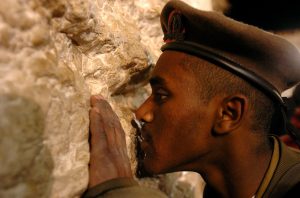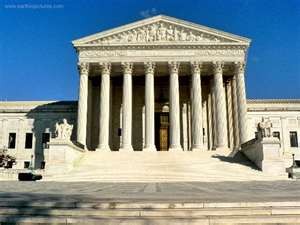Israel Reflections 2017–Race and Diversity
 Another new meeting this year was with Oshra Friedman of Tebeka legal services, an organization that provides specialized legal services for the Ethiopian immigrants to Israel. As we learned on our last trip, Israel has welcomed thousands of immigrants from Ethiopia of Jewish heritage and assimilation into the modern society of Israel can be very challenging. As we also saw last time, these challenges can remind us and cause us to reflect on the challenges of race here in Milwaukee. From Student Sheila Thobani:
Another new meeting this year was with Oshra Friedman of Tebeka legal services, an organization that provides specialized legal services for the Ethiopian immigrants to Israel. As we learned on our last trip, Israel has welcomed thousands of immigrants from Ethiopia of Jewish heritage and assimilation into the modern society of Israel can be very challenging. As we also saw last time, these challenges can remind us and cause us to reflect on the challenges of race here in Milwaukee. From Student Sheila Thobani:
Before we even discussed paper topics prior to departing for Israel, thoughts about the conflict were already flooding my mind. Not the cliché thoughts of the obvious conflict, the talked about every day in the media conflict, but one that I had a more personal association with: identity. I believe that is why Oshra Friedman’s narrative engaged my curiosity.
With the constant comments in public about my physical characteristics, one-second longer than comfortable gazes, and second-guess pseudo interrogations by people of authority—I was waiting at the edge of my chair to see how someone who looked different than every other person on the streets of Israel dealt with her diversity. An immigrant from Ethiopia, whose parents refused to assimilate, who jumped forward too far because her community was too backwards, who didn’t succumb to gender norms, who married an Ashkenazi Israeli- this was a story I was all too familiar with; a familiarity not by exposure but by experience.
Whereas, over the border and across the sea, America has heard Friedman’s story of diversity for generations, Israel is still becoming familiar with this narrative. By no means do I mean to convey that because in America the story is heard that it is accepted and internalized- I only mean that it is there that there is the exposure and familiarity. As Friedman spoke about her mixed race children handling the innocence of childhood and the ignorance of adults, and agave accounts of situations they faced, I relived my own childhood memories of confusion colored by pride.

